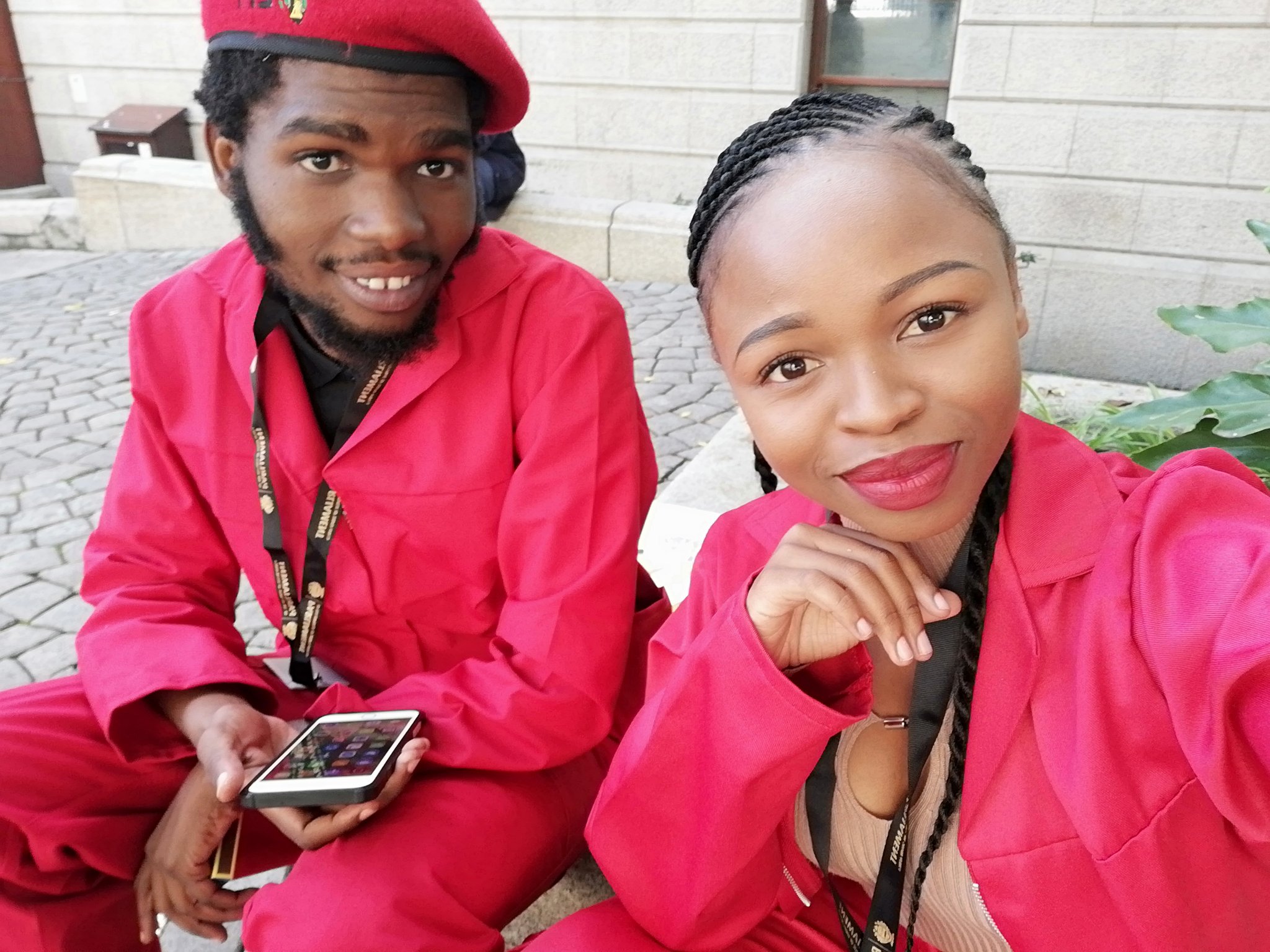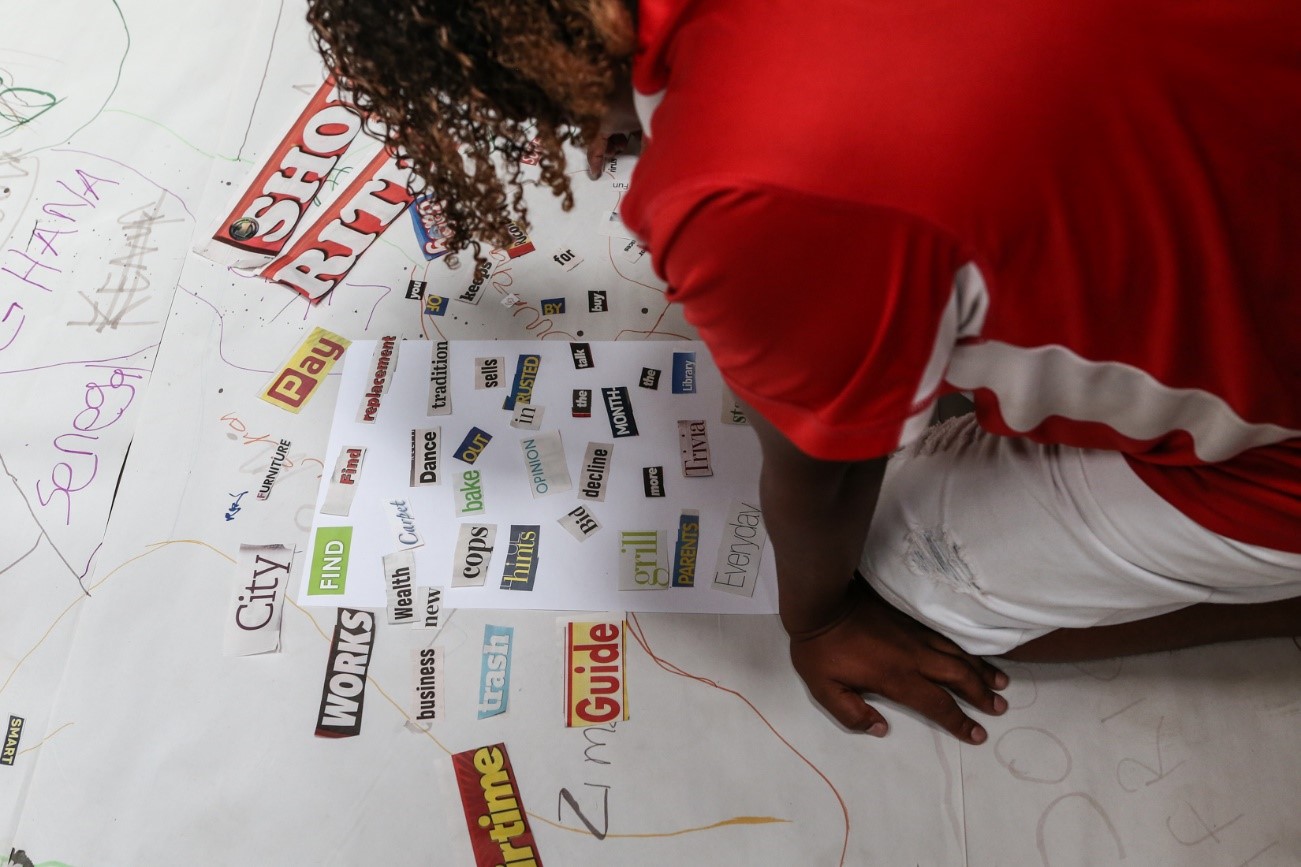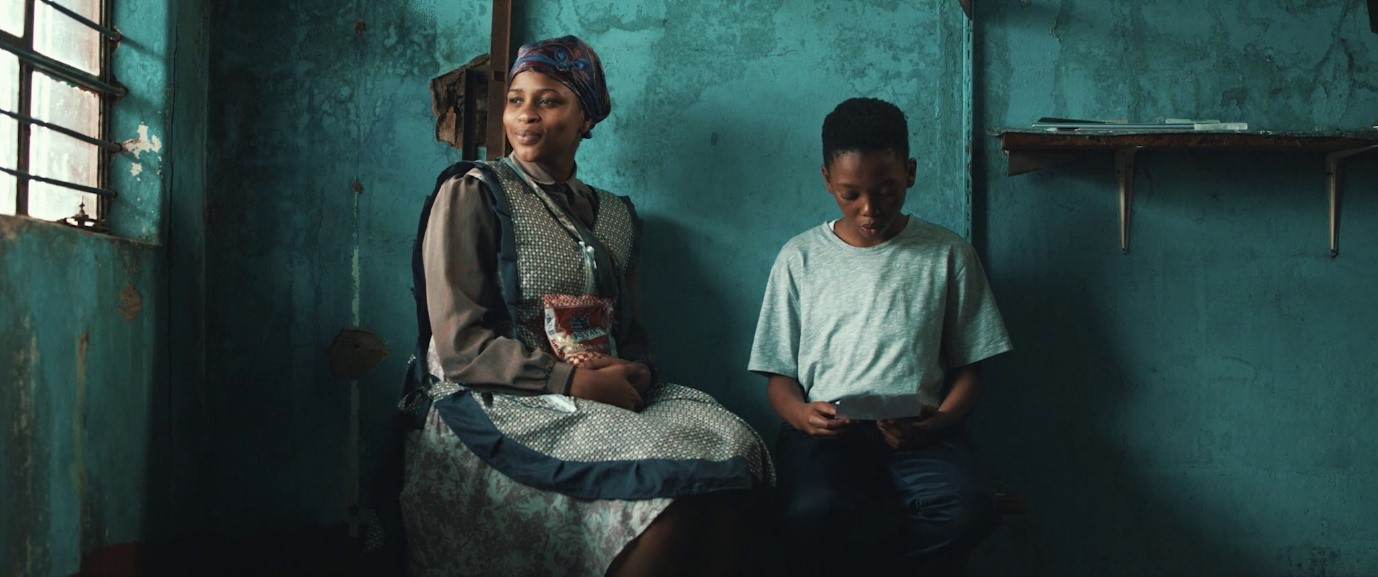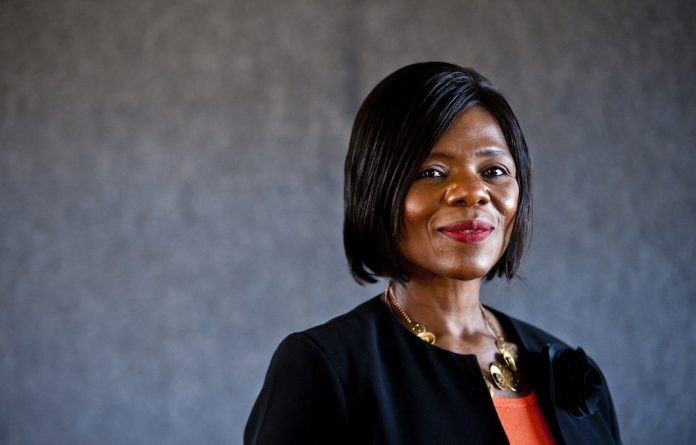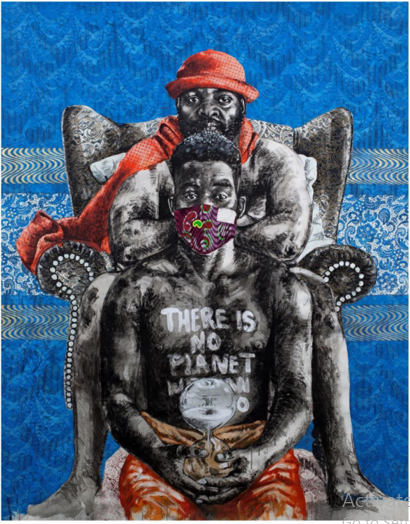"Now, Zuma has shown that all his talk of dedication to the ANC was just talk — he is a ruthless, as well as selfish, narcissist who will do anything to protect his own venal interests. His game plan with the new, fake MK party is transparently cynical — to knock a percentage point or two off of the ANC’s overall tally so as to harm Ramaphosa to the extent that he might not be able to stay in power” (Richard Calland in Ramaphosa’s SA: Fairy tale or fable?2024).
One of the dangerous disadvantages of the failure of the Azanian revolutionary project, as symbolized by Poqo’s “one settler, one bullet” battle cry, is that the liberal nonracialism of the Charterists managed to redeem abelumbi/ wizards or white settlers. The persistent narcissism of white settlers, motivating them to meddle in the affairs of the African majority in the guise of being “friends of the natives” to preserve white supremacy, can be traced to white missionaries such as John Phillip. White liberals and the so-called white radicals, as beneficiaries of the historical distortion of the “Freedom Cheater,” as Motsoko Pheko called the Freedom Charter in the form of the fallacious and absurd statement that “South Africa belongs to all who live in it, black and white,” as imagined and inscribed by Joe Slovo, Ben Turok, and Rusty Bernstein, are continuing ukulunguza/ to spy on the affairs of the African majority. Their obsession with controlling the liberation narrative of the African majority is based on their selfish interest of collective self-preservation in “South Africa.” They achieve this by the centuries-long effective strategy of divide and rule. They pit one section of the African majority against the other and then choose the section which will preserve their interests. The “civilized natives” who are “reasonable,” as opposed to amaqaba who are regarded as dangerous, have always been their preferred section within the African majority. The above-mentioned historical context is significant to fully comprehend the purpose of The Brothers, Number One, and a Weekend Special, the production under review, written by Richard Calland and directed by Greg Homman.
The symbolic representation of the play is important. In the promotional image of the play, there is a South African flag as well as the Union Buildings, which symbolize the coming together of the British settlers and Dutch settlers in 1910 to form the Union of South Africa. This was based on white nationalism to deal with the so-called native question by firstly excluding the African majority from South Africa in the “making of a racist State,” as Bernard Magubane would put it. The play is about the Zuma administration and his cabinet reshuffle which resulted in the dismissal of Nhlanhla Nene and the appointment of Des van Rooyen in 2015. Calland, through the directorship of Homann, is “restaging” the so-called State capture moment in South African politics. Of course, Calland deliberately omits to mention the real forces of State capture in South African history, namely white settlers such as the Oppenheimers and the Ruperts (the so-called Stellenbosch mafia). The Guptas are the primary culprits who are called “the brothers.” Their “capture” of the State is said to have been facilitated by Jacob Zuma, who is called “number one.” “A weekend special,” of course, refers to the controversial and brief appointment of van Rooyen. The play begins with an animated discussion between one of the main cabinet members of the Zuma administration, who is a former member of the ANC’s Operation Vula, and his niece. This discussion is centred on the media reports and global capital’s reaction to the appointment of van Rooyen. The uncle announces his loyalty to the ANC and “number one,” while the niece is a disillusioned critic of the current administration of the ANC under “number one.” The niece is part of the media in “South Africa” and intends to get information from her uncle about the moves “number one” is making under the influence of “the brothers.”

The uncle tries hard to defend Zuma’s cabinet reshuffle by even criticizing Trevor Manuel as part of the ANC’s neoliberal project of Thabo Mbeki. He argues that the democratic power attained by the ANC in 1994 must be used to control the private sector. According to the uncle, the National Democratic Revolution must be advanced through, among other things, the control of the Treasury. The niece rejects the narrative of the uncle as part of the ploy to hide the corruption under “the brothers and number one.” As a critic of the ANC, the niece works with a vocal black female member of the Democratic Alliance to expose the corruption of the Zuma administration. The niece and the member of the DA work together to uphold the independence of the South African media against the corruption of politicians. They seek to promote the values of accountability and transparency. Another important character is a lawyer of “number one.” Due to his proximity to Zuma, he gets access to information about the discussion between “the brothers and number one,” which is confidential. To protect himself against media exposure of his corruption, the lawyer is willing to give the niece all the information contained in a hard drive. This massive information comprises thousands of email exchanges between “the brothers and number one” about the deals between the government and the companies of the Guptas such as Oakbay.
The appointment of van Rooyen as “a weekend special” generates a lot of news headlines both locally and internationally. A PR firm called Bell Pottinger with a reputation of doing “image management” for several dictators gets wind of the news headlines and decides to “capitalize” on it. This UK-based firm is represented in the play by its owner, a rich and racist old white man and an enthusiastic anti-black white girl who is desperate to spy on the affairs of Africans in “South Africa” to prove herself in the eyes of the owner. She facilitates a meeting between “number one” and the owner to create a PR project which will do damage control through putting “the brothers and number one” in a good light. They both meet the uncle to convince him about the importance of the project and their common interests. At first, the uncle presents a hackneyed criticism of imperialism and the firm’s appalling record of working with dictators as detrimental. But the uncle finally succumbs to the pressure and charm offensive of the old white man. During one of the meetings between the white girl and the white man, the former presents a project which aims to propagate the term “white monopoly capital” in “South Africa.” She presents a dichotomy between “white monopoly capital” and “radical economic transformation” complete with figures such as Ramaphosa on the side of white monopoly capital and Zuma on the side of radical economic transformation. It is interesting that no mention is made of Malusi Gigaba and Chris Malikane with regard to “white monopoly capital.” The pitch of the PR project by the white girl to the old white man entails all manner of shameless racist jokes about Africans which seek to reduce them to violent primitives who are ignorant and stupid.
They lavishly display their racist arrogance about Africans to an extent that one finds it hard to believe that they were just acting in Calland’s play. Their proud indulgence in racist insults of Africans is reminiscent of white dinner table discussions about blacks in their absence. Their PR project ignites the spread of the term “white monopoly capital” in South African media through fake social media accounts. The DA member decides to do her investigative journalism which unearths the source of this media mayhem as the firm.
Interestingly, the play ends with a song by Hugh Masekela called “thuma mina” which is associated with Ramaphosa’s project as the president who succeeds Zuma.
The staging of the play leaves much to be desired. There is a curtain which is moved around throughout the play. The journalistic conversation between the niece and the DA member is sometimes gossipy and drowned out by an accompanying social media news display. Ironically, only the two people from the Bell Pottinger team are convincing in their performance. The lawyer does not get much time in the play so it's hard to adequately assess his performance. Outside courts lawyers are hardly exciting anyway. The black female DA member sounds like a naïve black person who wastes talent and passion in the party of “land thieves” as Andile Mngxitama would put it. There are moments where she embarrassingly sounds like a competent but ideologically confused black person who is working for whites to impress them ala black excellence. But eventually lives to regret it like many black DA members.
The uncle as a vintage political party apparatchik gets adequate time to display his slavish and often pathetic loyalty to the ANC. Zuma has recently formed the MK party which is frightening the leaders of the ANC. The 29th of May 2024 marks a day when both Zuma and Ramaphosa will go toe to toe in the battle to win the naïve and opportunistic souls of the voters including those of the ANC.
Zuma at some point during one of the MK party campaigns announced through a “Freudian slip” to the supporters who were in attendance that they must vote for the ANC. He even persisted that he is still a member of the ANC to the delight of Andile Mngxitama who launched his “dialectical defence” of Zuma. Zuma has recently been invited to a disciplinary hearing by the ANC following court cases about the logo of the MK party. The ANC has lost all these cases and it seems to be in a grave panic mode, to the extent that his nemesis Thabo Mbeki is calling Zuma “a wolf in a sheep’s skin”. Zuma has risen to haunt the ANC despite the Zuma-must-go campaign and the Zondo Commission. The timing of the play by Calland is indicative of Ramaphosa’s ANC campaign to destroy Zuma and the threat of the MK party under him. The play by a “friend of the natives” who is committed to the constitution of 1996 and the non-racial transformation efforts of the ANC under Ramaphosa, is a white hired gun used to assassinate the character of Zuma through rehashing and staging the State capture scandal. Calland is a “white inkabi” who is singing the tune of Ramaphosa’s ANC by heeding the song “thuma mina”. He is using the State theatre which under the government of the ANC through its funding is an ANC propaganda machine. Calland and Homann are bent on “manufacturing consent” about Zuma as a corrupt and selfish power-hungry person who should not be preferred over Ramaphosa on the 29th of May 2024.
If Robin Renwick wrote a propaganda book called How to Steal a Country about “the brothers and number one”, Calland has decided to stage his propaganda play The Brothers, Number One and a Weekend Special at The Market Theatre. His play is a theatrical “Anatomy” to conceal “who holds the power” in a white settler colony called South Africa, namely his fellow white settlers since 1652. At any rate for Africanists like me, the play demonstrates the point that “the battle for the soul of the ANC” between Zuma, Mbeki and Ramaphosa within the misleading framework of State capture and Zondo Commission is a Charterist storm in a teacup. The fundamental problem was never “white monopoly capital” but racial capitalism ala Cedric Robinson and the solution is not “radical economic transformation” but a chimurenga/war of liberation. The play will be staged until 12 May 2024 at the Market Theatre.
*Masilo Lepuru A Researcher and founding director of the Institute for Kemetic and Marcus Garvey Studies (IKMGS).

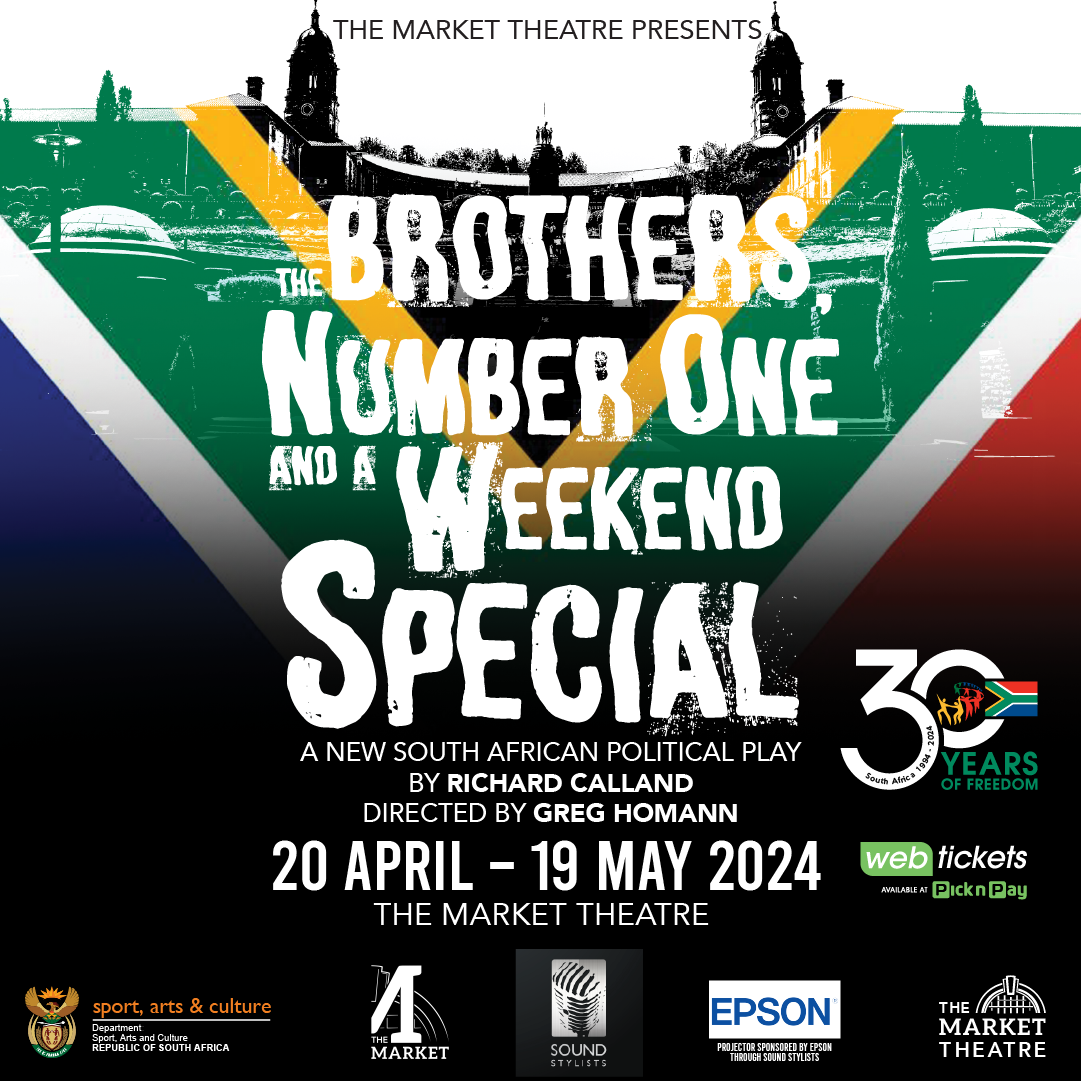
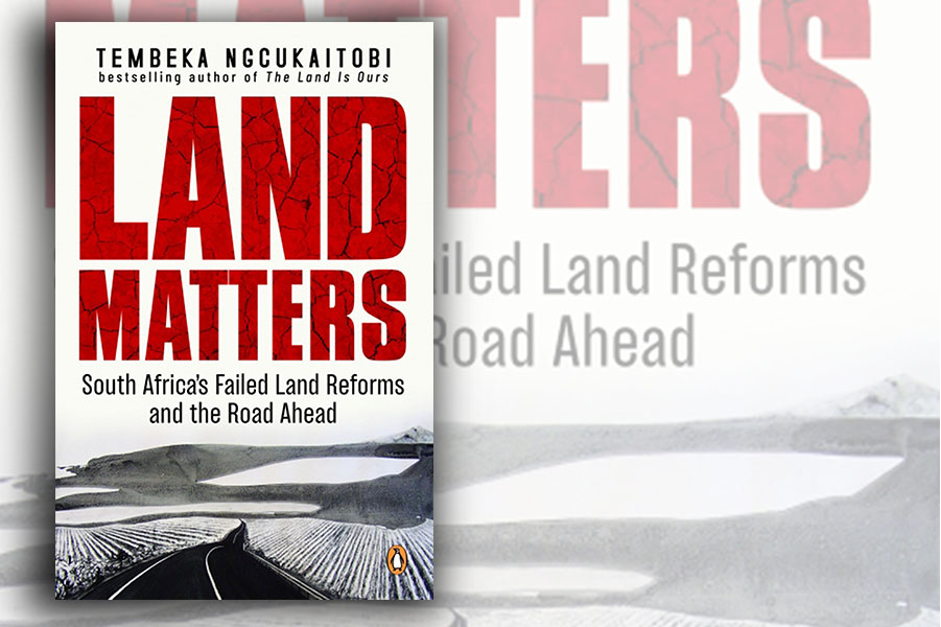
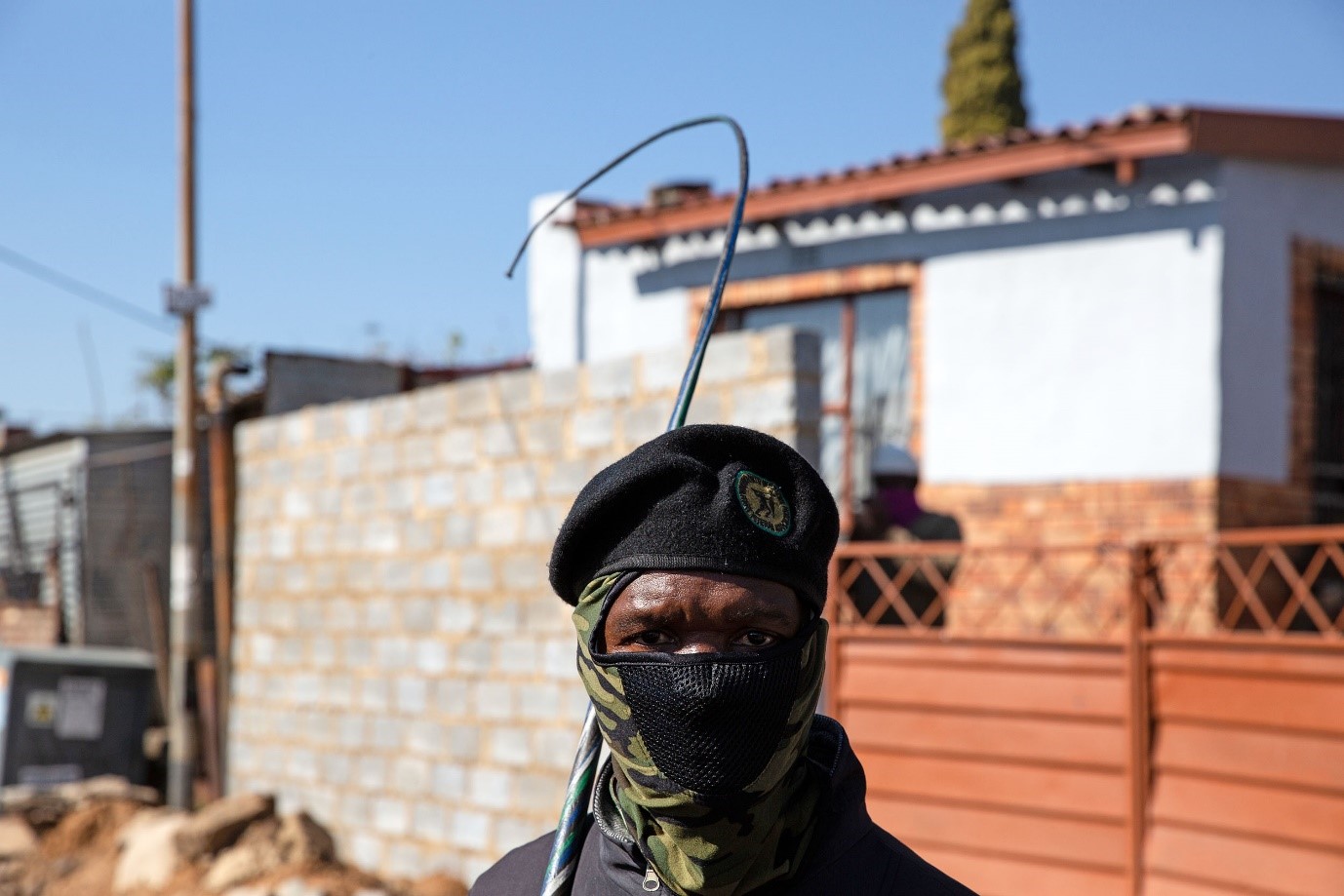
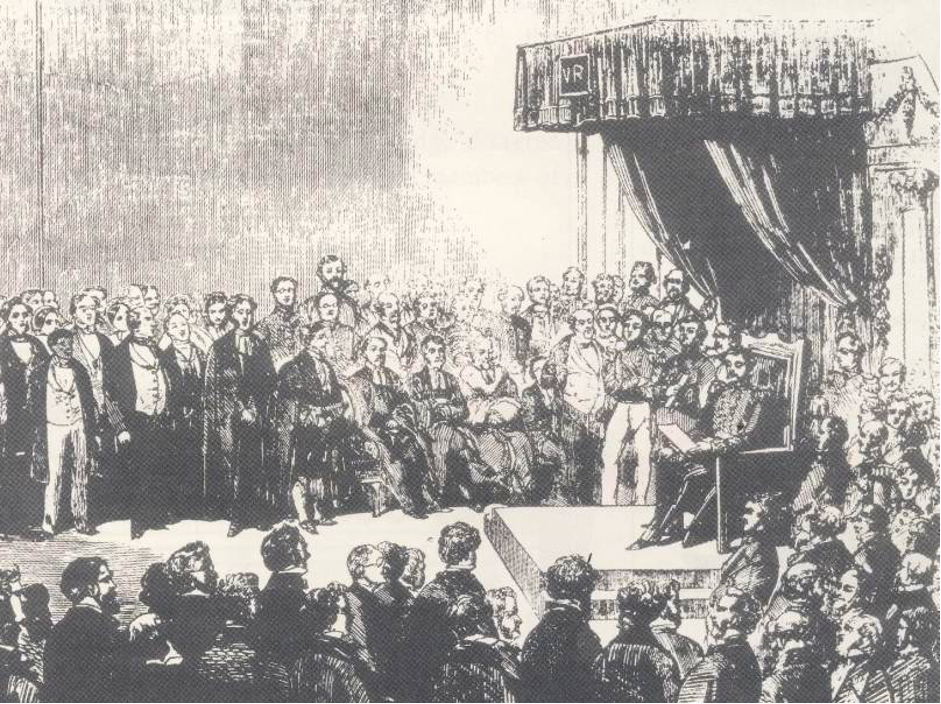

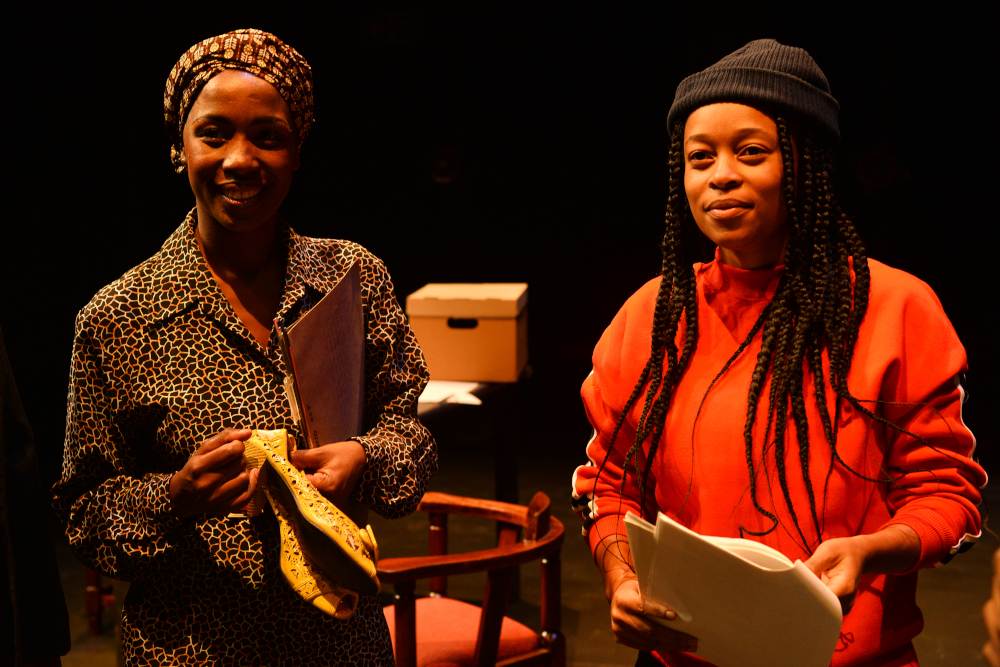
![1976 [Part2]](assets/images/1976.jpg)
